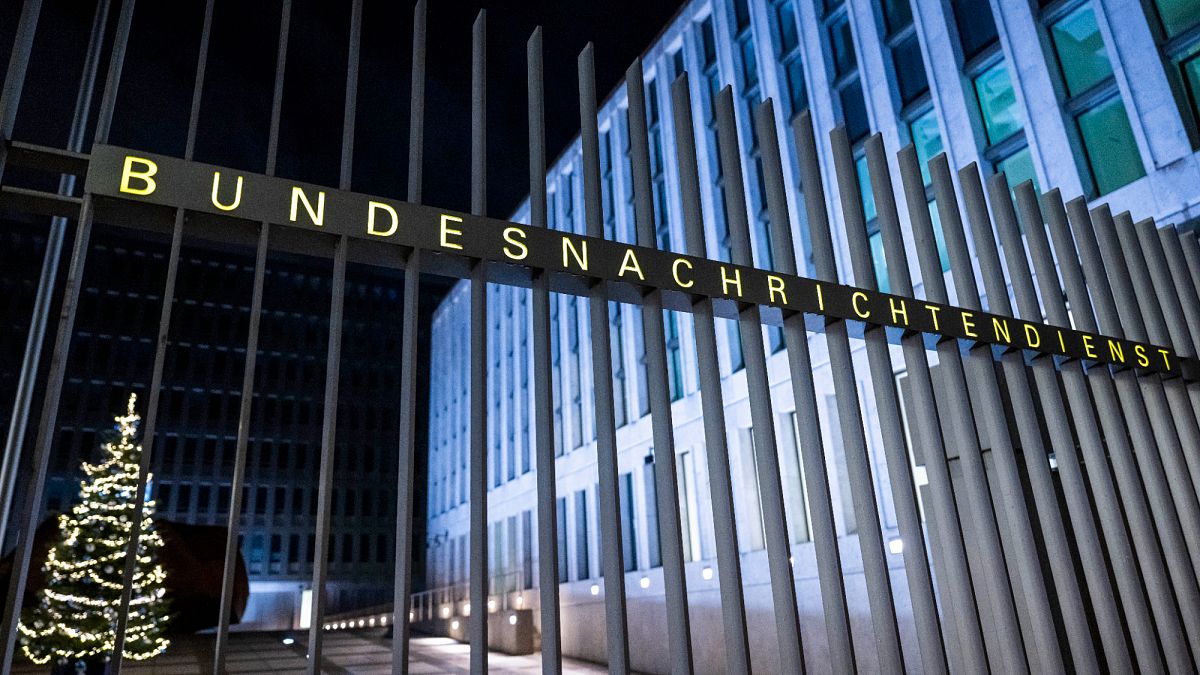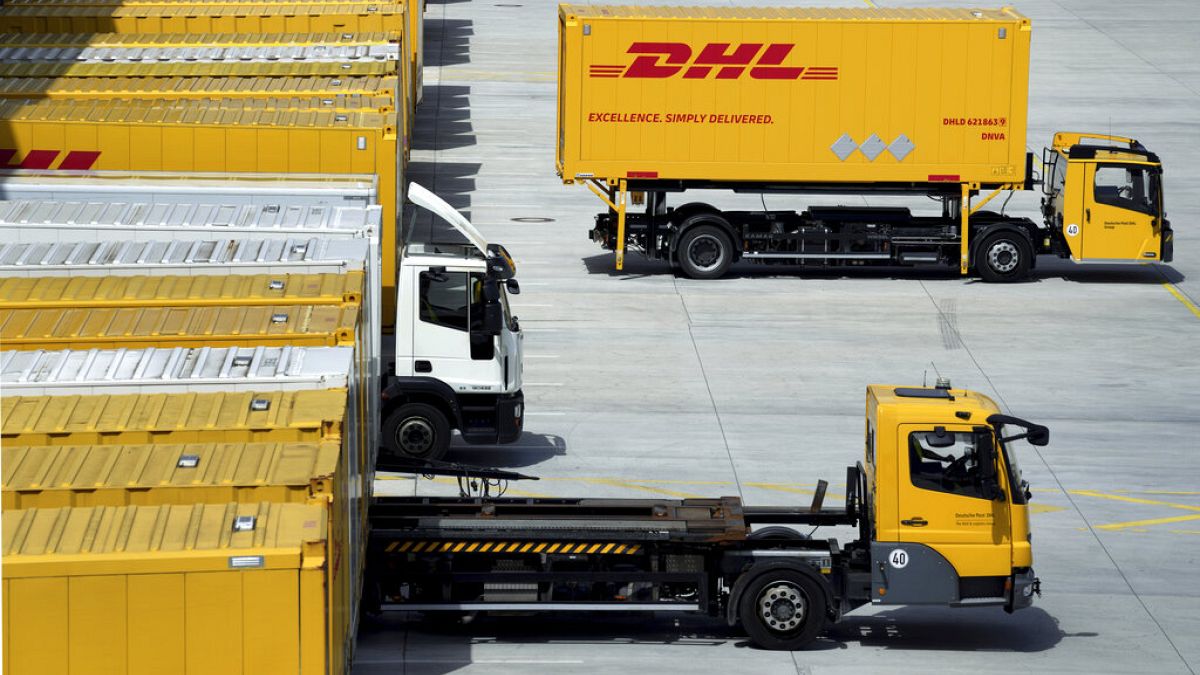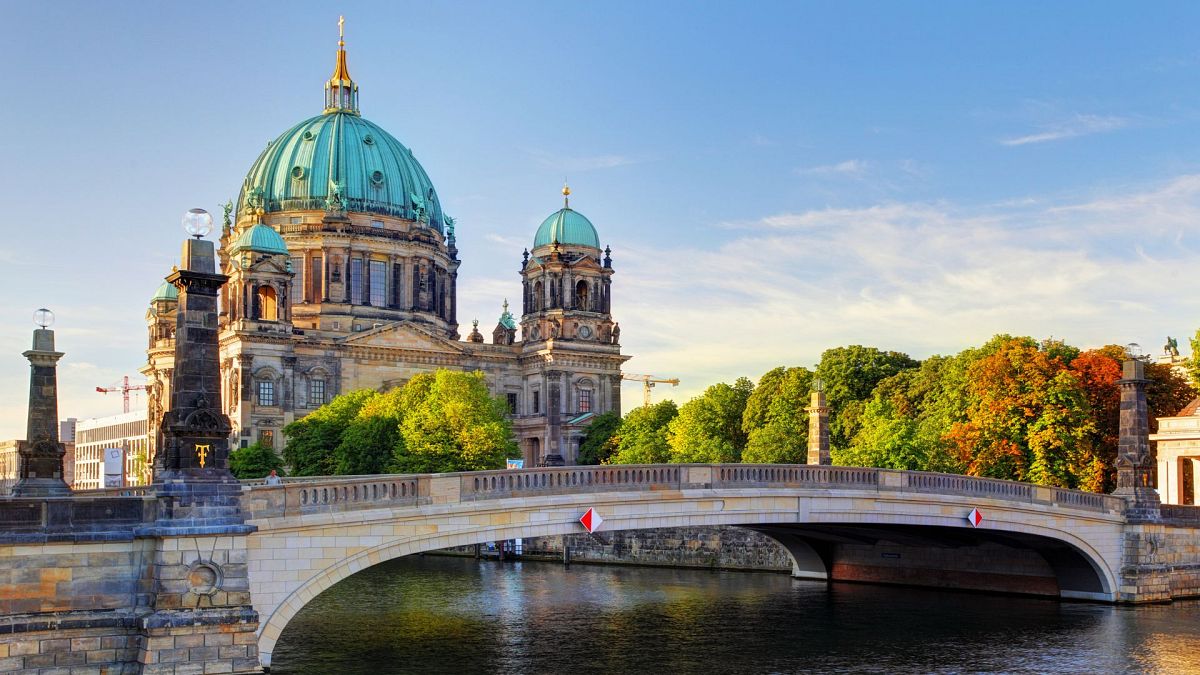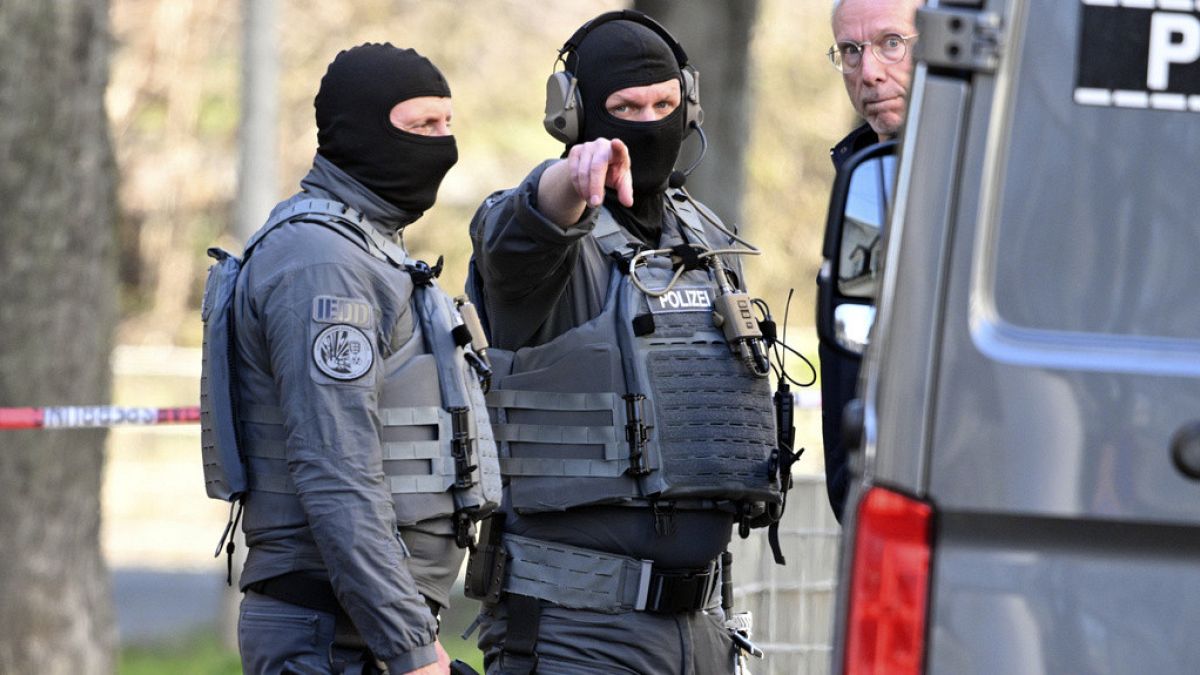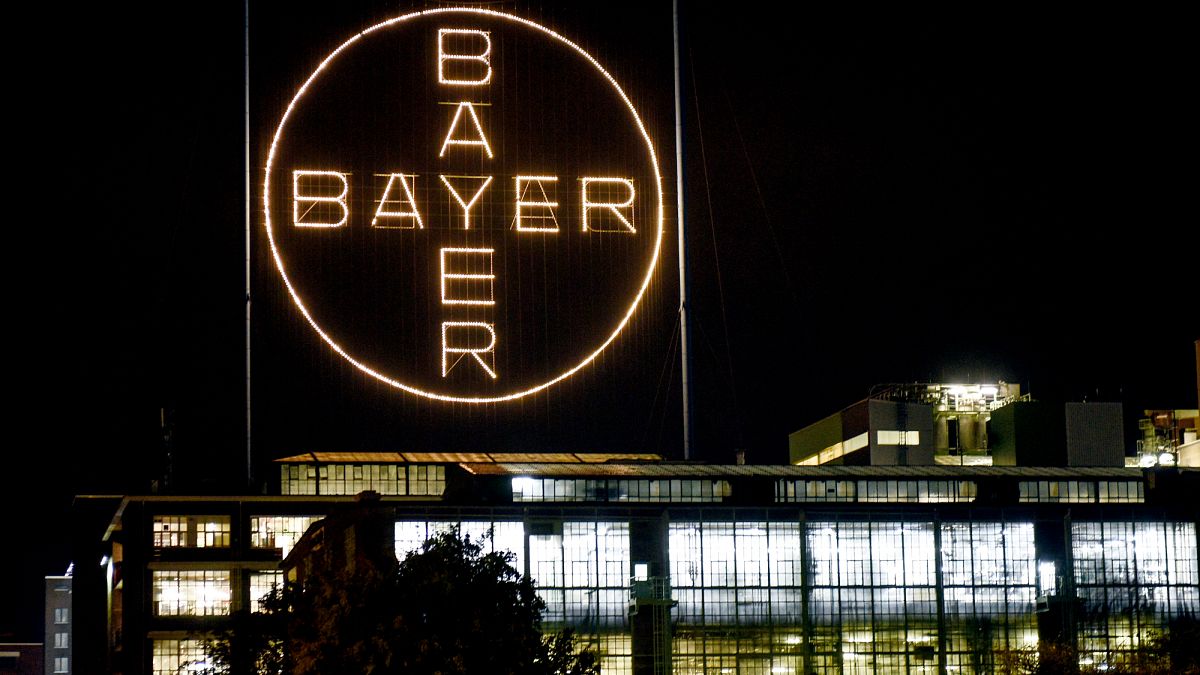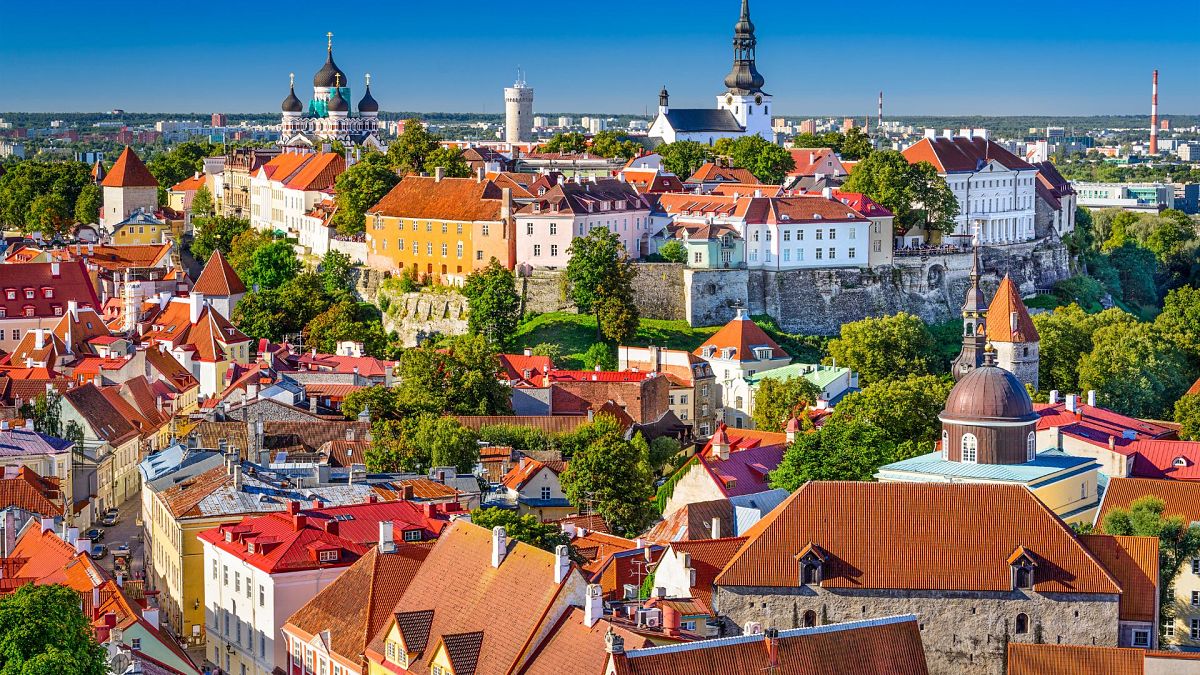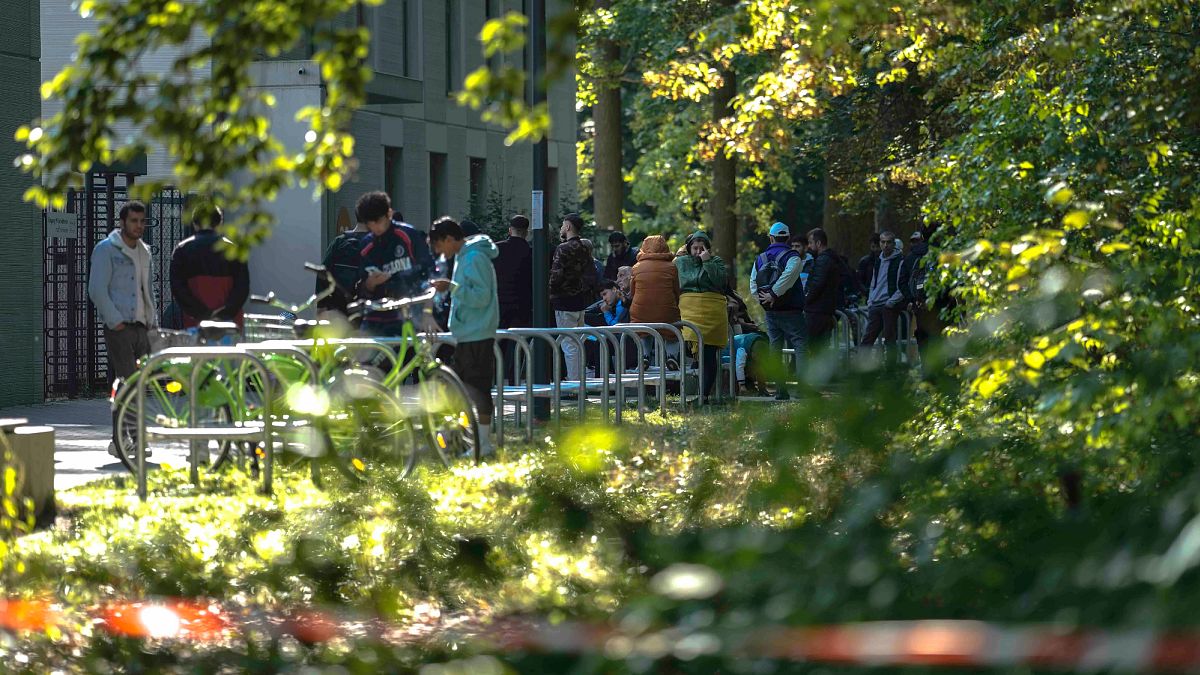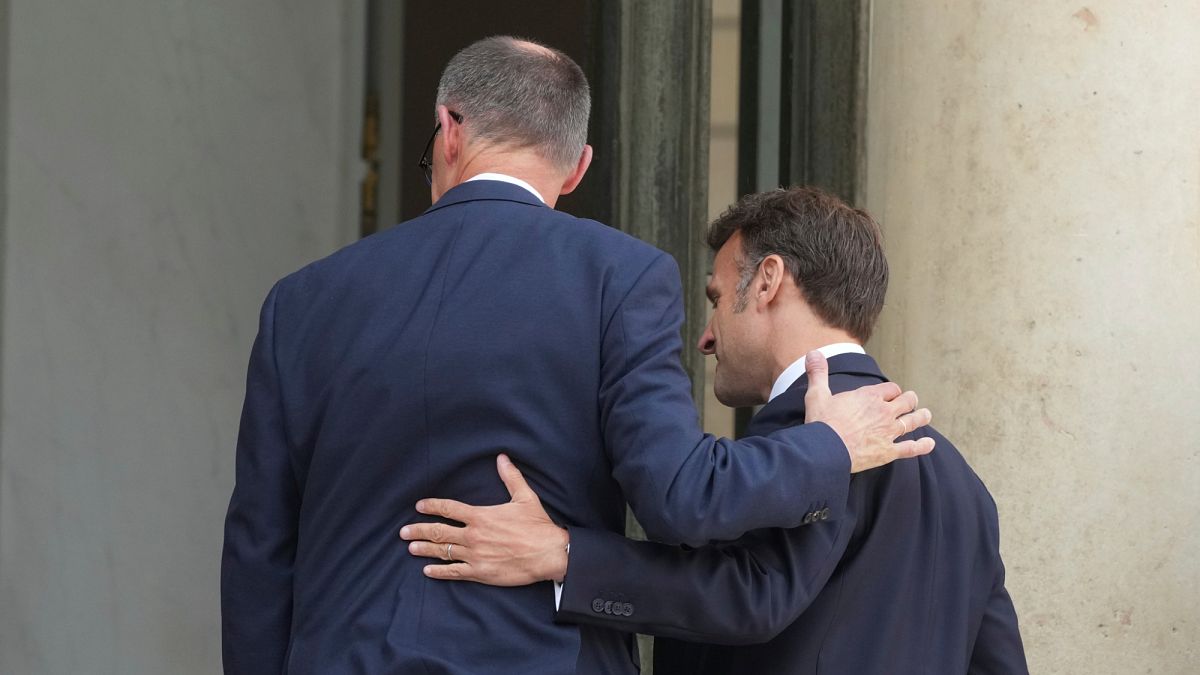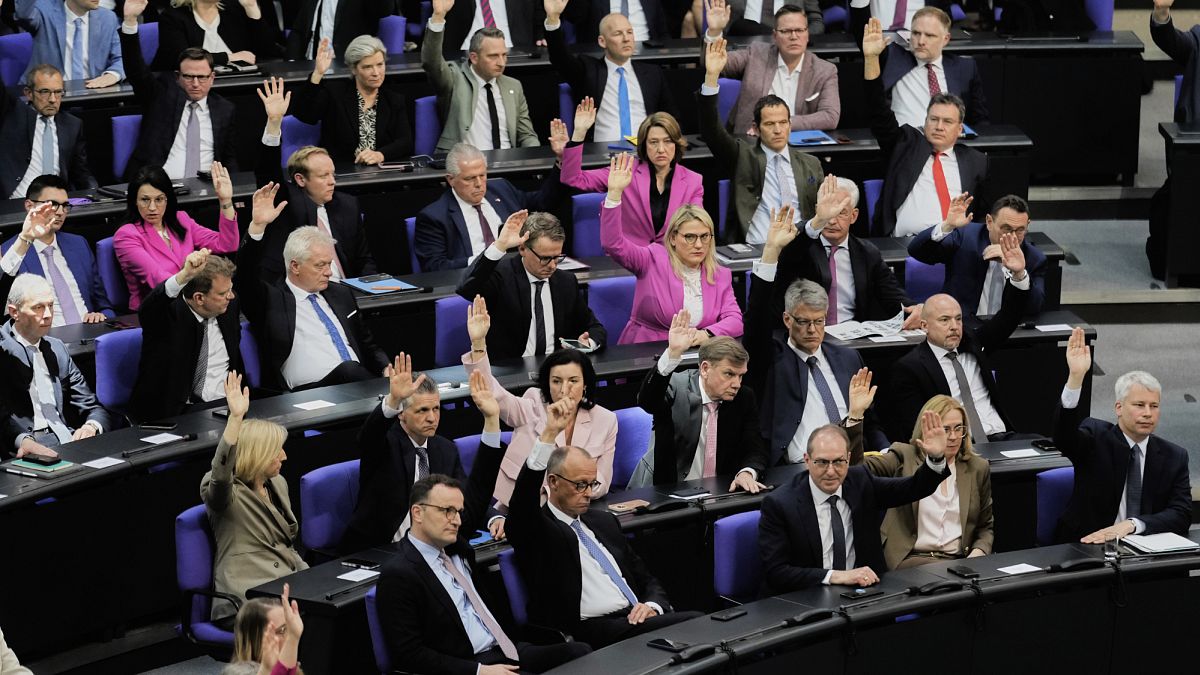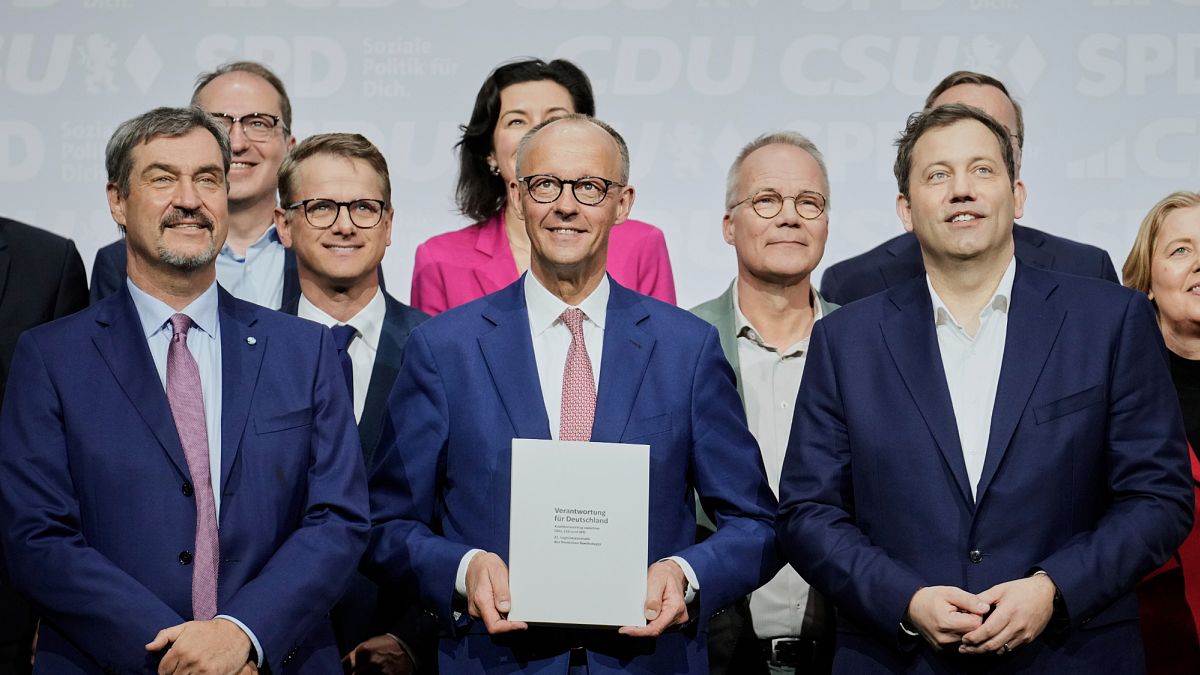France and Germany do battle over EU power market reform

As European energy ministers gear up to meet on 17 October, France and Germany struggle to find a compromise.
Despite record temperatures this October, Europe is slowly shifting towards winter – its second since the Ukraine war started and prompted Russia to cut gas supplies to the continent.
After prices surged last winter, when gas and electricity bills “nearly doubled in all EU capitals”, the EU decided to take action.
In March, the European Commission proposed a reform “to boost renewables, better protect consumers and enhance industrial competitiveness”.
However, France and Germany are struggling to find a compromise and the clock is ticking as European energy ministers prepare to meet on 17 October in Luxembourg.
The controversy around CFDs
At the heart of the issue are contracts for difference (CFDs).
By providing a guaranteed price for electricity, CFDs aim to support investment in renewable energy projects.
France – having 56 nuclear reactors – is lobbying for nuclear energy to be included in the CFDs, but this has caught the withering eye of Germany.
Berlin suspects Paris of wanting an exception that would give its industry a competitive advantage and plead that it should only apply to new investments.
France wants ‘to regain control of the price’
The disagreement is at the heart of the bilateral talks in Hamburg, which started on Monday, between the French and German governments.
French President Emmanuel Macron promised “to regain control of the price of electricity, at the French and European level” in a speech at the end of September.
As gas electricity is much more expensive than nuclear electricity, France might be tempted to switch to a national system rather than a European one to be more competitive economically.
However, France is “confident” that it will reach an agreement with Germany on electricity market reforms, Macron said on Friday.
Siding with France are other pro-nuclear countries such as Hungary, the Czech Republic and Poland, while Germany can count on the support of Austria, Luxembourg, Belgium and Italy.
But even if a last-minute agreement is reached, the two countries’ struggles over energy are creeping into all current European negotiations on the subject.
Germany wants a massive extension of electricity grids on the continent so that it can import energy; France is banking on energy sovereignty and national production.
France wants to be able to use nuclear energy to produce clean hydrogen, while Germany is reluctant, and so on.
US price competition
Another element adding to the pressure of the negotiation is the competition coming from the United States.
The competition has particularly heated up since the country passed the Inflation Reduction Act (IRA) a year ago: a massive programme of state aid to help firms scale up the production of green, cutting-edge technology.
“The aim is to have an adequate and strong answer to the [IRA] and the fact that industrial investments in the US have been multiplied by three,” said Agnès Pannier-Runacher – the French Minister of Energy – in an interview with the Financial Times.
“We have a matter of weeks to act and find a solution,” she added.
Additional sources • AFP
Source: Euro News


